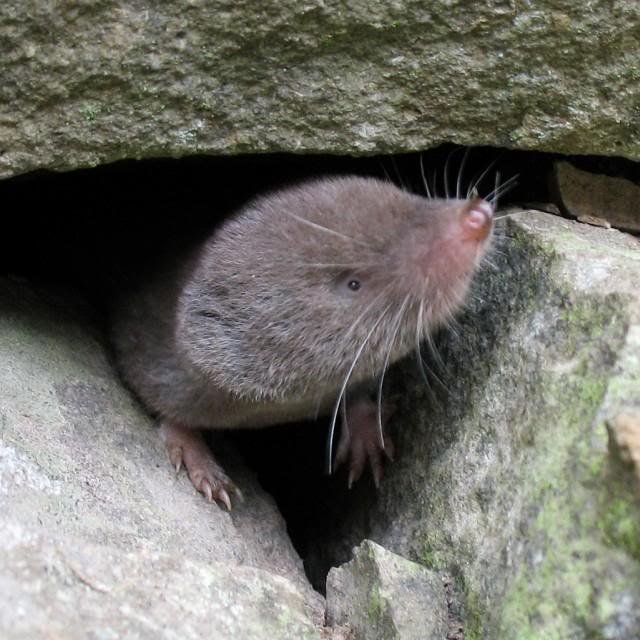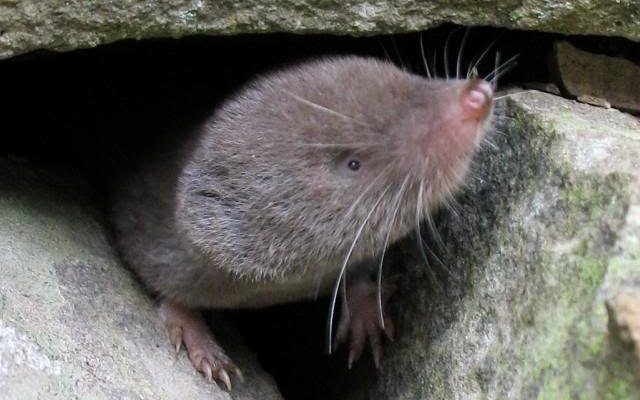
Let’s dive a bit deeper into their world. Imagine strolling through a serene park, enjoying the fresh air when suddenly a small animal pops out from the underbrush. It’s a shrew! While they often evoke a sense of curiosity and wonder, there’s more to these creatures than meets the eye. In this article, we’ll uncover the truth about shrews, whether they pose a danger to us, and everything else you need to know about these fascinating little mammals.
Understanding Shrews: A Quick Overview
Shrews are often mistaken for mice or small moles, but they belong to a family called Soricidae. These mammals can be found on almost every continent, except for Australia and Antarctica. Shrews vary in size, but most are about the length of your hand. They have a high metabolism, which means they’re constantly on the hunt for food.
You might be surprised to learn that shrews have an interesting diet. They mainly feast on insects, worms, and even small vertebrates. Some species, like the Eurasian water shrew, even hunt frogs! Their active lifestyle means they need to eat around 50-100% of their body weight each day, which keeps them forever busy.
Even though they’re small, shrews play a vital role in the ecosystem. They help control insect populations, which can be beneficial for plants and crops. So, the next time you see one darting through the grass, remember that they’re not just cute; they’re also doing their part in nature.
Are Shrews Dangerous to Humans?
Now, let’s get to the heart of the matter: Are shrews dangerous to humans? To put it simply, the answer is *not really*. Shrews are generally harmless to people. They are shy creatures that prefer to avoid human interaction. Their first instinct when they sense danger is to hide or flee, rather than confront.
That said, shrews do have some traits that might make you raise an eyebrow. For one, they produce venom in their saliva, which helps them paralyze their prey. This feature allows them to store food for later. While it sounds alarming, this venom isn’t dangerous to humans—unless you happen to be a small insect!
If you’re bitten by a shrew, it might be uncomfortable and lead to some swelling or pain, but there’s usually no severe risk. However, as with any wildlife, it’s best to respect their space and not try to handle them. After all, no one likes to feel threatened or cornered.
Common Myths About Shrews
There are a few myths surrounding shrews that can cause unnecessary fear. One of the more popular beliefs is that shrews carry diseases that can be transmitted to humans. While it’s true that many wild animals can harbor diseases, shrews are not known for being significant carriers of anything particularly dangerous.
Another myth is that shrews are aggressive creatures. In reality, they’re not prone to attacking unless they feel threatened. They’re more interested in foraging for food than causing harm to unsuspecting humans. The more you know about these creatures, the less intimidating they become!
Curiosity often leads people to misunderstand these animals. Learning the facts can turn fear into fascination. So, if you see a shrew, consider it a chance to observe a unique aspect of nature rather than a cause for alarm.
What Happens If You Encounter a Shrew?
If you stumble upon a shrew in your garden or backyard, it’s best to admire it from a distance. These little mammals can be fast, and trying to catch or touch one could lead to a scared shrew scurrying away—or worse, a bite if it feels cornered.
Here’s what you can do if you find yourself in their territory:
- Observe quietly: Watch their behavior and appreciate their role in the ecosystem.
- Keep pets away: Dogs and cats may see shrews as playthings, potentially leading to injury for both the pet and the shrew.
- Leave them be: They usually won’t hang around for long. Give them space, and they’ll likely move on.
Understanding how to coexist peacefully with wildlife like shrews allows us to appreciate their unique contributions to our local environment without any conflict.
Can Shrews Be Pets?
You might be pondering whether shrews could make good pets. While the idea may sound intriguing, shrews are not suitable domestic pets for several reasons. First off, they have specific dietary needs that can be challenging to meet in captivity. Remember how we talked about their high metabolism? They require a diet that mimics what they’d naturally consume in the wild.
Moreover, shrews are incredibly active and require a lot of space to roam. Keeping one confined can lead to stress and health issues. Unlike traditional pets like dogs or cats, shrews don’t thrive in a home environment. This can make them a less-than-ideal companion.
Lastly, shrews are nocturnal, meaning they’re most active at night. This can lead to some noisy activities that might not sit well with you or your neighbors. In essence, while they’re fascinating creatures, it’s best to appreciate them from afar rather than bring them into your home.
How to Help Shrews in Your Area
If you’re a nature lover interested in supporting local wildlife, there are several ways to help shrews in your area.
- Maintain natural habitats: Keep parts of your garden wild instead of overly manicured. This allows shrews to find shelter and food.
- Avoid pesticides: Reducing chemical usage will provide a healthier environment for shrews and other beneficial insects.
- Provide water: A small, shallow water dish can help not just shrews but many other small creatures in your area.
By taking these steps, you’re not only protecting shrews but also contributing to a balanced ecosystem. Wildlife thrives when we give them space and resources.
Final Thoughts on Shrews and Human Interaction
So, can the shrew be dangerous to humans? In short, no—not in the way most people might fear. These small mammals are generally harmless and play a crucial role in our ecosystem. Understanding and respecting their space can lead to a positive coexistence.
Whether you’re gardening, hiking, or just enjoying a day outdoors, keep an eye out for these fascinating creatures. Instead of viewing them as a threat, think of them as a small but vital part of the natural world around us. Embracing this mindset enhances our relationship with wildlife and the environment. So, let’s appreciate the shrew for what it is: a remarkable little mammal that deserves our respect!

